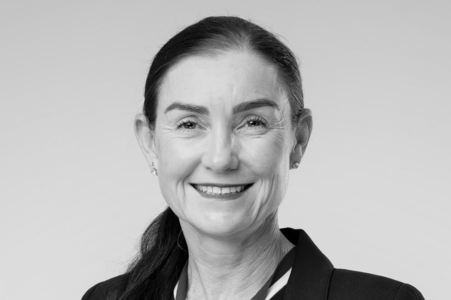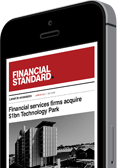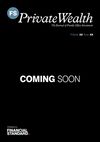Powell backflips on rates pushing back RBA cut expectationsBY ELIZA BAVIN | WEDNESDAY, 17 APR 2024 11:53AMUS Federal Reserve chair Jerome Powell has changed his tune over the possibility of upcoming interest rate cuts, which means it could be an even longer wait here in Australia. Powell said recent US inflation data had not given policymakers enough confidence to ease interest rates soon, noting that the Fed may need to keep rates higher-for-longer than previously thought. This was a backflip from Powell who earlier this month sounded confident the US central bank was aiming to cut rates "at some point this year". The Reserve Bank of Australia (RBA) is expected to cut rates after the US, which means it could be some time yet before pressure is eased. VanEck head of investments and capital markets Russel Chesler said a rate cut in Australia isn't likely until next year. "Based on our latest analysis into the Australian economy, we're seeing the market overestimate the likelihood and speed of RBA cuts this year," Chesler said. "The reality of a prolonged higher-rates environment is becoming more apparent and this disparity between expectation and reality could create increased instability in the economy. "From many perspectives, it seems the economy has been guided successfully into a soft landing, the question is whether we're actually on the ground." Chesler said the Australian economy has shown "almost relentless resilience", but the threat of inflation shocks is not out of view. "The risk of economic 'breaks' are heightened in this environment and the, sometimes delayed, knock-on effects from geopolitical tensions also contribute to the likelihood of inflation spikes," he said. "A good example of this is the Red Sea Crisis more than tripling shipping prices. Last time shipping prices spiked, we didn't feel that pain via goods prices for six to twelve months after. "We see the tightening policy hitting hardest in a few months, during the middle of the 2024, but on balance, Australia should avoid a recession with the RBA holding the cash rate at 4.35% until at least 2025." This comes as the International Monetary Fund (IMF) urged global central banks to "stay vigilant" against the threat of inflation. "A sense of optimism has pervaded financial markets in recent months, amid investor confidence that the fight against inflation is entering its 'last mile' and that central banks will ease monetary policy in the coming months," the IMF said. "Expectations for inflation in major economies over the next year or two-implied by the difference between nominal and inflation-linked government bond yields-have been climbing again. "In economies still experiencing persistent and above-target inflation, central banks should not prematurely ease to avoid having to backpedal later. They should also push back against overly optimistic investor expectations for monetary policy easing, which has led to some exuberance in financial markets." Related News |
Editor's Choice
ASIC hits back at parliament: 'Simply not realistic'
The risks and opportunities in advice: SIAA
AMP Advice partners with BlackRock and Lonsec
Succession planning troubles family offices: J.P. Morgan
Products
Featured Profile

Fiona Mann
BRIGHTER SUPER

























